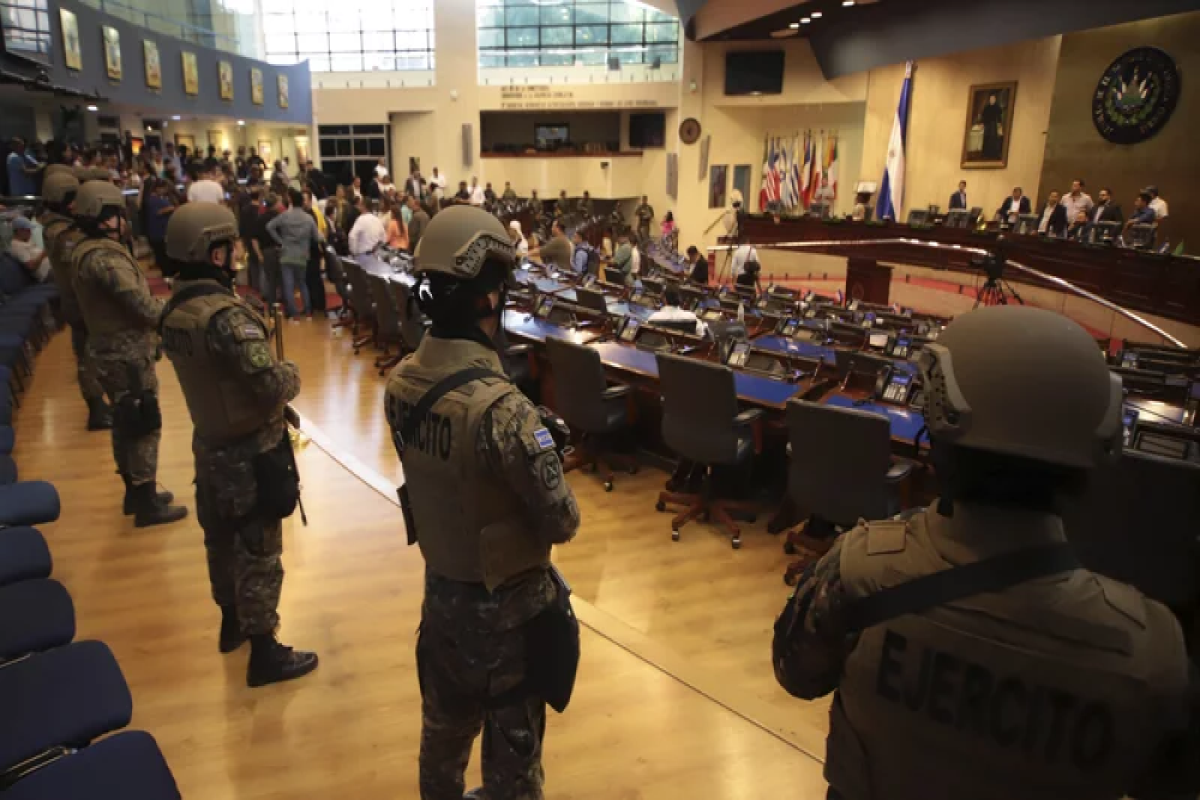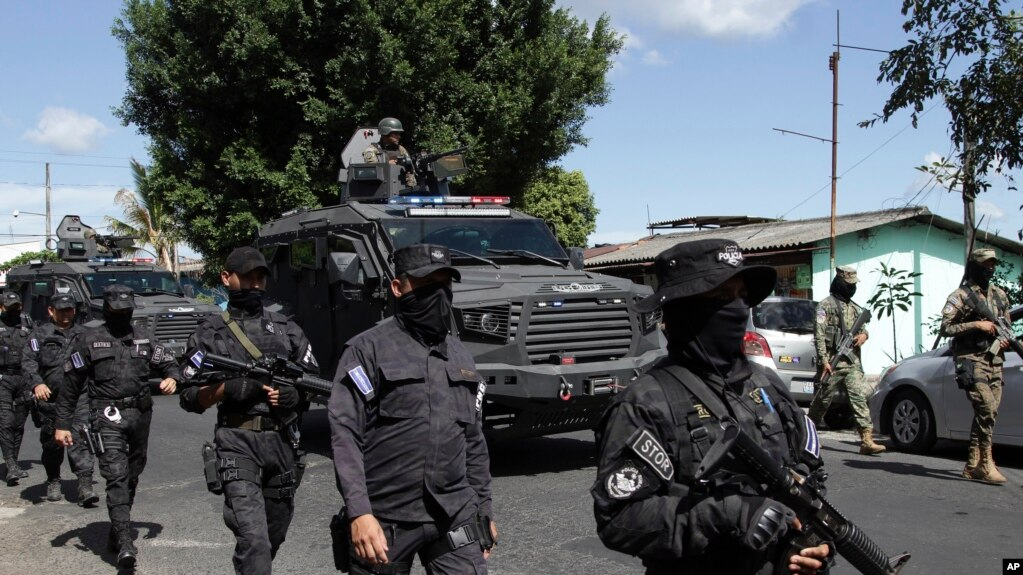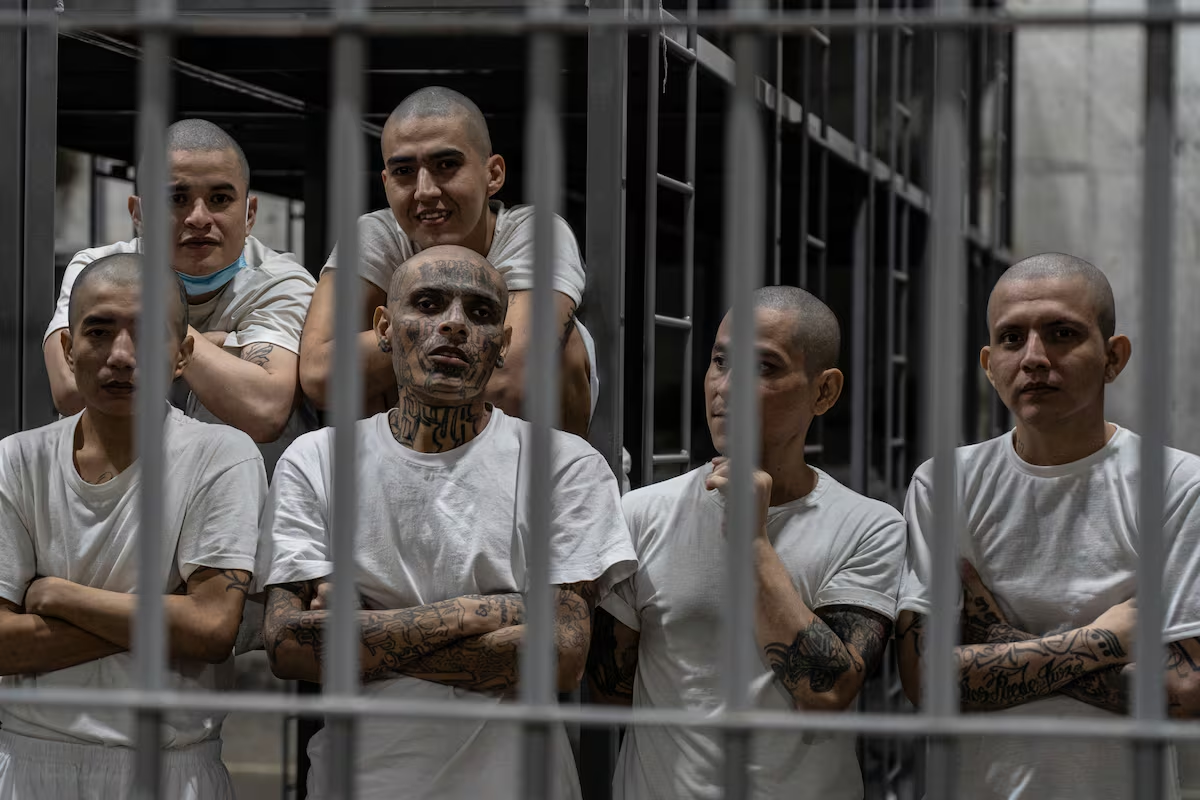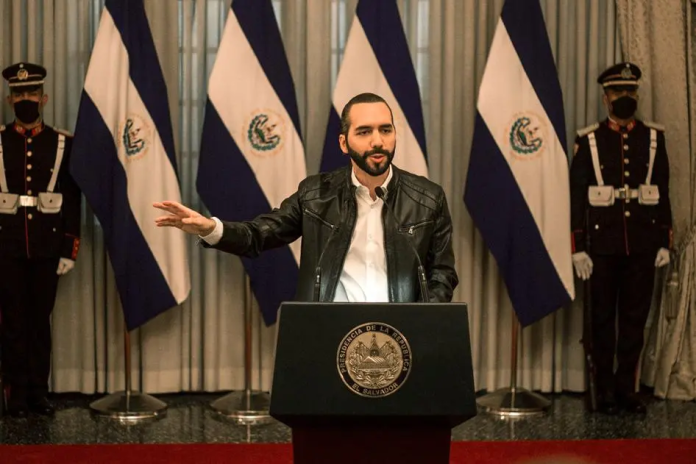Three hundred employees of El Salvador’s Ministry of Culture are set to lose their jobs over what President Nayib Bukele claims to be “agendas that are not compatible with the vision of this Government.”
The Termination of Hundreds
Bukele’s announcement has been met with mixed reactions. Many have responded with support for the president’s move, while others have elicited a number of concerns, ranging from the well-being of the terminated employees to fear that these terminations are an effort by the president to further cement his control over El Salvador’s political landscape.
It is currently unknown why the decision to terminate 300 employees was made, as Bukele failed to clarify the specifics regarding the “agendas.” Supporters of Bukele have lauded the move, but others have responded to the president’s statement on X with various pictures and statements denouncing the LGBT community in favor of “traditional families,” suggesting that at least some believe the move was related to sexual orientation.
El Salvador es pro vida, pro familia tradicional, y la agenda 2030 no tiene cabida.
Así lo pidió el pueblo, así es la visión de nuestro Presidente, y así es el camino que los funcionarios deben seguir.
Muchas gracias Presidente
— Alexia Rivas?? (@AlexiaRivasG1) June 27, 2024
“El Salvador is pro-life, pro-traditional family and the 2030 agenda has no place here,” Alexia Rivas, a representative under Bukele’s Nuevas Ideas party, stated following the announcement. “This is what the people asked for, this is the vision of our president, and this is the path that officials must follow,” she concluded.
Many attacked “Agenda 2030,” a plan by the United Nations unveiled in 2015 to address poverty, equality with a focus to “empower all women and girls,” ensure the accessibility of modern energy across the world, end poverty, among other goals. Critics state that while Agenda 2030 has noble goals on paper, in practice the policies encourage “gender ideology” which allegedly especially targets minors.
No a la agenda 2030 ??????
Somos un país conservador donde la base de la sociedad es la familia y nadie lo va a cambiar ??? pic.twitter.com/LqrqAuG2R5— Silvia..?? (@Silvita_Sorian0) June 27, 2024
Those opposed to the firing of the state employees have expressed concerns over Bukele’s recent moves, claiming that the termination is an attempt by the president to solidify power and possibly cement himself as an undemocratic leader. Critics point toward prior moves by Bukele, including his controversial second run for the presidential office in February. Previously, presidents of El Salvador were limited to a single term for every ten years, a method to prevent a return to the dictatorship that governed the country from 1931 to 1979.
Bukele’s Controversies
In 2020, Bukele called an emergency meeting of the national legislature in order to gain approval for a $109 million dollar loan for police equipment amid the president’s “territorial control plan,” a relatively successful plan to expand the arsenal of equipment in the nation’s fight against organized crime. Lawmakers arrived to Congress amid a flood of Bukele supporters who cheered for the president outside. Despite the call for a meeting, there were too few representatives to approve the loan. Despite this, armed troops entered the legislature in an apparent attempt to coerce lawmakers to grant Bukele a favorable ruling.
“Now, I think it’s very clear who has control of the situation,” Bukele stated during the arrival of armed forces.

This move led to fierce condemnation from the international community, with a number of critics claiming that the incident was an attempt by Bukele to launch a self-coup, an attempt to dissolve the national legislature and transfer sole power to the head of state. Bukele gave lawmakers a week to approve the bill, stating that if they failed to do so he would rally his supporters at the legislature on the following Sunday.
“We’re going to give these scoundrels a week and if they haven’t approved the plan by then, we convene them again. Pray, ask God to grant us patience for a week,” Bukele said to supporters outside the legislature.
Ultimately, Bukele was ordered by the Supreme Court to refrain from using the military for political ends and “endanger the republican, democratic and representative system of government.” Bukele disagreed with the ruling, but followed it regardless.
“Although we do not agree with the decision of the Constitutional Chamber (…) we will abide by the order issued [by the highest court],” the president stated.
Further criticisms find their origins Bukele’s controversial declaration of a State of Emergency in 2022 after 87 Salvadorans were murdered by criminal gangs within a 72-hour period. These killings were in retaliation for the alleged breaking of a deal between Salvadoran authorities and a prominent MS-13 leader who remains unnamed. Authorities allegedly agreed not to prosecute key members of the gang as well as provide preferential treatment to those incarcerated in exchange for the organization to lower the rate of violent crime within El Salvador.

The declaration authorized mass detentions of individuals suspected of gang affiliations and came with a suspension of certain rights, empowering law enforcement to detain suspects without legal representation and curtailing the right to assembly. Following the declaration, authorities arrested nearly 75,000 Salvadorans, 7,000 of whom were later released.
The wrongful detention of thousands of Salvadorans alongside accusations of abuse by authorities, with some resulting in death, led to fierce condemnation from human rights groups as well as the United States government.
In order to facilitate the increase in arrests, Bukele announced the construction of a “super prison” in June 2022, and by February 2023 the prison officially opened its doors. This prison, known officially as the Terrorism Confinement Center (CECOT), provided essential space for newly arrested gang members, able to fit 40,000 convicted criminals. The prison was constructed to establish a secure location for the leaders of various criminal organizations within El Salvador and to address the rampant overcrowding issue within El Salvador’s prisons amid the influx of those suspected of having ties to organized crime.

The construction of the prison was similarly condemned by a number of human rights organizations, with those opposed to the new prison expressing concerns regarding prisoner welfare and possible overcrowding. Miguel Montenegro, the Human Rights Commission of El Salvador, a non-governmental organization that seeks to document human rights violations within El Salvador, toured the prison. During his tour, Montenegro noted that prisoners were not allowed to leave their cells save for legal hearings while the cells themselves held a mere 80 bunks—without mattresses—for every 100 prisoners.
These moves by the president have resulted in fears that Bukele wishes to establish himself as El Salvador’s next dictator. However, supporters of Bukele argue the president’s measures are an effort to bring security and prosperity to the nation, pointing to the president’s aforementioned successful methods to tackle organized crime and the country’s high homicide rate.

